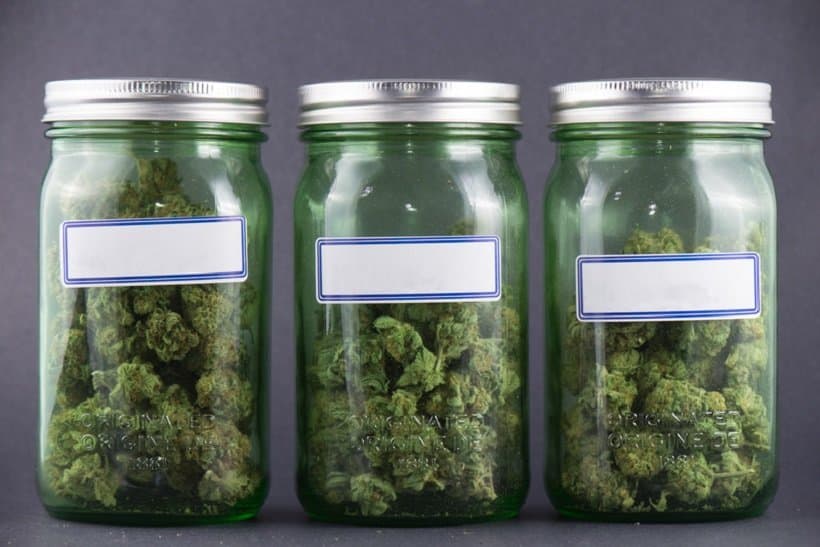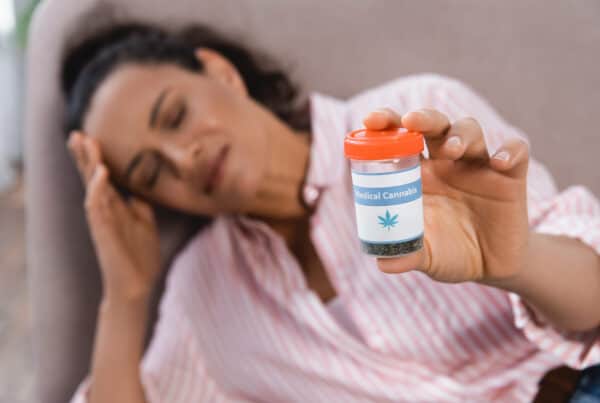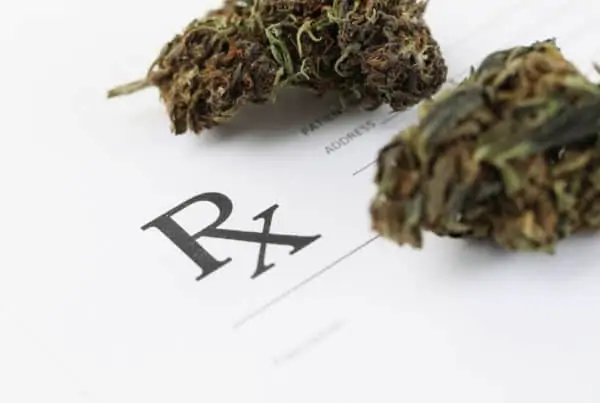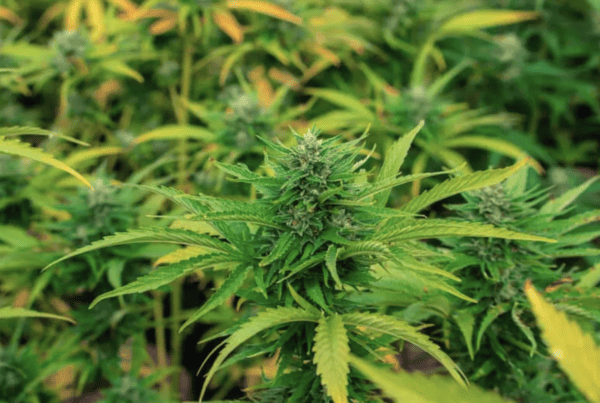TABLE OF CONTENTS
Careers in the medical cannabis space encompass a broad range of opportunities. One occupation that’s sometimes overlooked by those seeking a career in cannabis is the role of medical cannabis provider.
The role of a medical cannabis caregiver differs somewhat from being a medical cannabis provider who works in a dispensary, but many of the same principles apply.
Getting Started As A Medical Cannabis Provider
The requirements of a medical cannabis provider vary by state—but this is typical for nearly every job in this industry. However, the inherent qualities necessary for anyone to succeed in this role are compassion for patients and their needs, a thorough knowledge of present and emerging products relevant to patient needs, and a thirst for knowledge about changing laws and industry trends.
To get started your first step is to research the laws in your particular state. What is legal and a common practice in one state is often illegal in another.
Until the federal government provides universal guidelines for cannabis use nationwide, each state is essentially an island in a sea of other states, each with its own rules and regulations.
There is some commonality among the medical marijuana laws in several states. Some states allow medical caregivers to obtain, transport, cultivate, and process (cure) the cannabis used for their patients. These states do not allow caregivers to use cannabis themselves unless they also qualify as being a legal medical marijuana patient.
Become A Thought Leader In Your Area
If you wish to work in a professional capacity with medical cannabis, becoming a sound information source is essential. A good place to start is gaining a knowledge about specific strains and strain-specific concentrates.
- What are the top indica and sativa strains currently on the market—as well as the many hybrids that lean heavily one way or the other. Research which strains help patients the most—and for which ailments.
- What methods and products can medical marijuana providers use in your state? Are edibles legal? How about concentrates? If so, a plethora of products are at your disposal to recommend to your patients. Many people don’t enjoy smoking or the perceived stigma connected to it. Edibles may be the perfect alternative.
- For those patients who want to use flower as medicine, perhaps using a vaporizer would appeal to them. Because some medical cannabis patients are seeking medical relief from a natural source that is harmless compared to pharmaceutical opiates, they may not be familiar with cannabis from previous use (other patients will no doubt be familiar with the plant and may even be veteran consumers).
- Assume nothing when advising a new patient. Asking a designated series of introductory questions should be standard protocol when conversing with new patients.
Collecting Patient Feedback
Receiving thorough and accurate feedback from patients is a very important part of being a medical cannabis provider or caregiver. Based on this feedback, you will have a more accurate idea of how to serve your patients better, and the feedback you receive will give you valuable information about how certain strains and products may help other patients. Some of the questions you might ask include:
- Did the strain (or product) provide adequate relief for your medical condition?
- Did the strain make you feel too sedated?
- Have you decided between indica and sativa when it comes to meeting your medical condition needs?
- Did the strain produce anxiety or a panic attack?
- Did the strain produce any side effects you didn’t like?
- How did the strain rank among other strains or products you’ve used for the same medical reason?
- How long did this strain provide relief?
- Have you decided between indica and sativa when it comes to meeting your medical condition needs?
- All things considered, do you prefer concentrates, edibles, or flower to serve your medical needs?
Communication like this is important in order to rank how your patients are responding to treatment and will help you hone your skills as a medical cannabis provider.
Ready To Get Started As A Medical Cannabis Provider???
Working in the medicinal cannabis field is a rewarding occupation because you can observe the relief it gives people firsthand. It’s honorable work and necessary in today’s modern age, because many people appreciate options that can be more effective or safe than conventional pharmaceuticals.
“
There are over 300,000 jobs in the cannabis industry. CTU trained me for one of them!

Makes $24.50 @ THC +
Give serious consideration to working in the medical cannabis field. Legions of people could benefit from the relief and information you will provide!

Fred Hernandez
Fred Hernandez is a highly accomplished and versatile writer, boasting an extensive background in the cannabis industry. With an in-depth understanding of various sectors including cultivators, processors, retailers, and brands, Fred's expertise spans across the entire cannabis landscape. As a prominent contributor to CTU, he consistently delivers insightful articles exploring the latest developments, news, and regulations shaping the cannabis industry. Whether it's delving into the intricacies of cannabis products, cannabis strain reviews, or providing comprehensive analyses of cannabis laws, or sharing expert insights on cannabis cultivation techniques, Fred's wealth of knowledge positions him as an invaluable writer and educator for all cannabis-related subjects.












 Jeff was involved in an accident where he endured a traumatic brain injury. He had a week-long stay in ICU where brain surgeons
Jeff was involved in an accident where he endured a traumatic brain injury. He had a week-long stay in ICU where brain surgeons  100% risk free money back guarantee within 48 hours after purchase if student has not completed any of the courses or exams.
100% risk free money back guarantee within 48 hours after purchase if student has not completed any of the courses or exams.